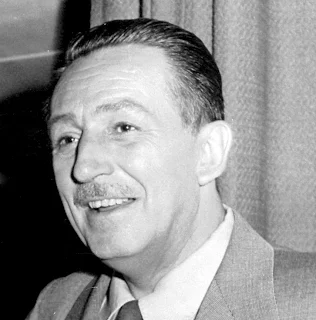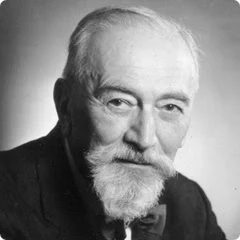Satchel Paige (1906-1982)
Leroy Robert "Satchel" Paige (July 7, 1906 – June 8, 1982) was an American baseball player whose pitching in the Negro leagues and in Major League Baseball (MLB) made him a legend in his own lifetime. He was elected to the Baseball Hall of Fame in 1971, the first player to be inducted based upon his play in the Negro leagues.
Paige was a right-handed pitcher and was the oldest rookie to play in the MLB at the age of 42. He played with the St. Louis Browns until age 47, and represented them in the All-Star Game in 1952 and 1953. He first played for the semi-professional Mobile Tigers from 1924 to 1926.
Paige began his professional career in 1926 with the Chattanooga Black Lookouts of the Negro Southern League, and played his last professional game on June 21, 1966, for the Peninsula Grays of the Carolina League.[3]
Paige was among the most famous and successful players from the Negro Leagues. While his outstanding control as a pitcher first got him noticed, it was his infectious, cocky, enthusiastic personality and his love for the game that made him a star. On town tours across America, Paige would have his infielders sit down behind him and then routinely strike out the side[4]. As a member of the Cleveland Indians, Paige became the oldest rookie in Major league Baseball and attracted record crowds wherever he pitched.
Quotes·Quotations by Satchel Paige
Advice
¶ Don't look back. Something might be gaining on you.
¶ Don't pray when it rains if you don't pray when the sun shines.
Age
¶ Age is a question of mind over matter. If you don't mind, it doesn't matter.
Food
¶ Don't eat fried food. It angries up the blood.
Notes
[1]^ a b "Famous Monarchs Play Copper Sox Tonight" Montana Standard, Butte, Montana, Saturday Morning, July 1, 1939, Page 8, Columns 1 and 3
[2]^ a b c "Satchel Paige to Take Slab Monday Against Ogden Club" Ogden Standard-Examiner, Ogden UT, August 18, 1940, Page 7, Columns 1, 2, 4, and 5
[3]^ Tye 2009, pp. 24–29, 272.
[4]^ .Kelley, James. Baseball. New York: Shoreline Publishing Group, 2000. 44-45. Print.
http://en.wikipedia.org/wiki/Satchel_Paige














.jpg)








